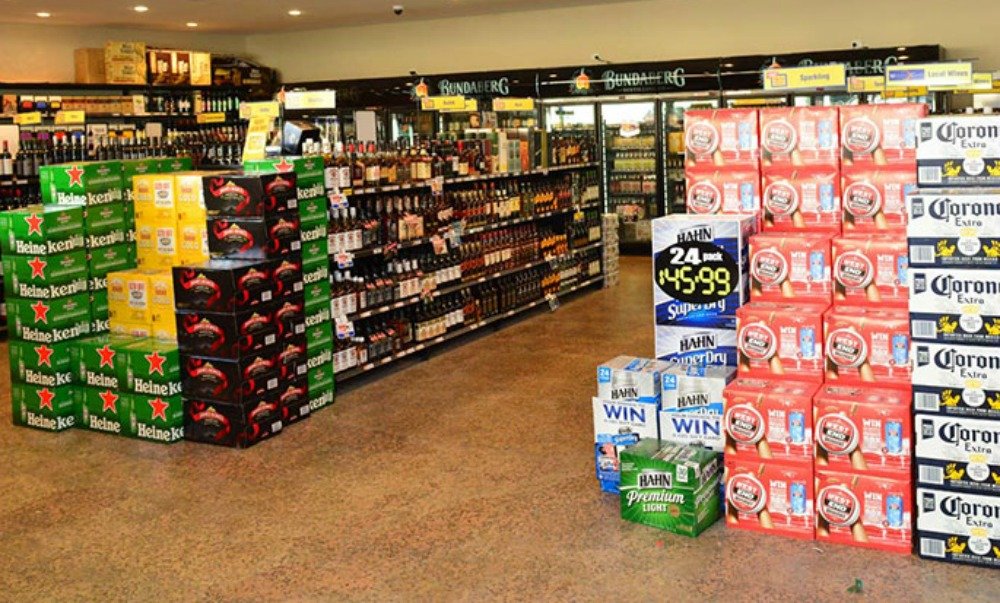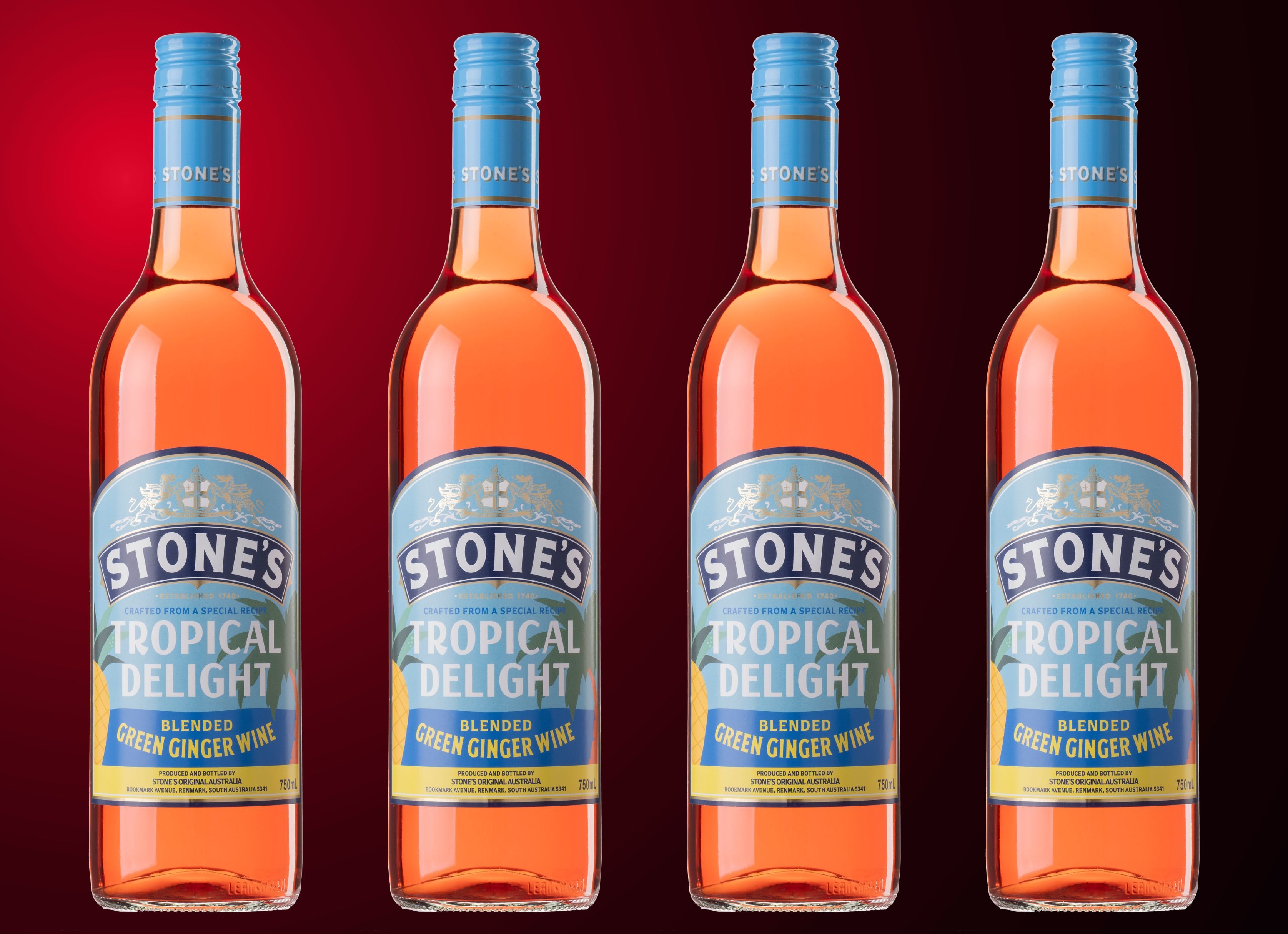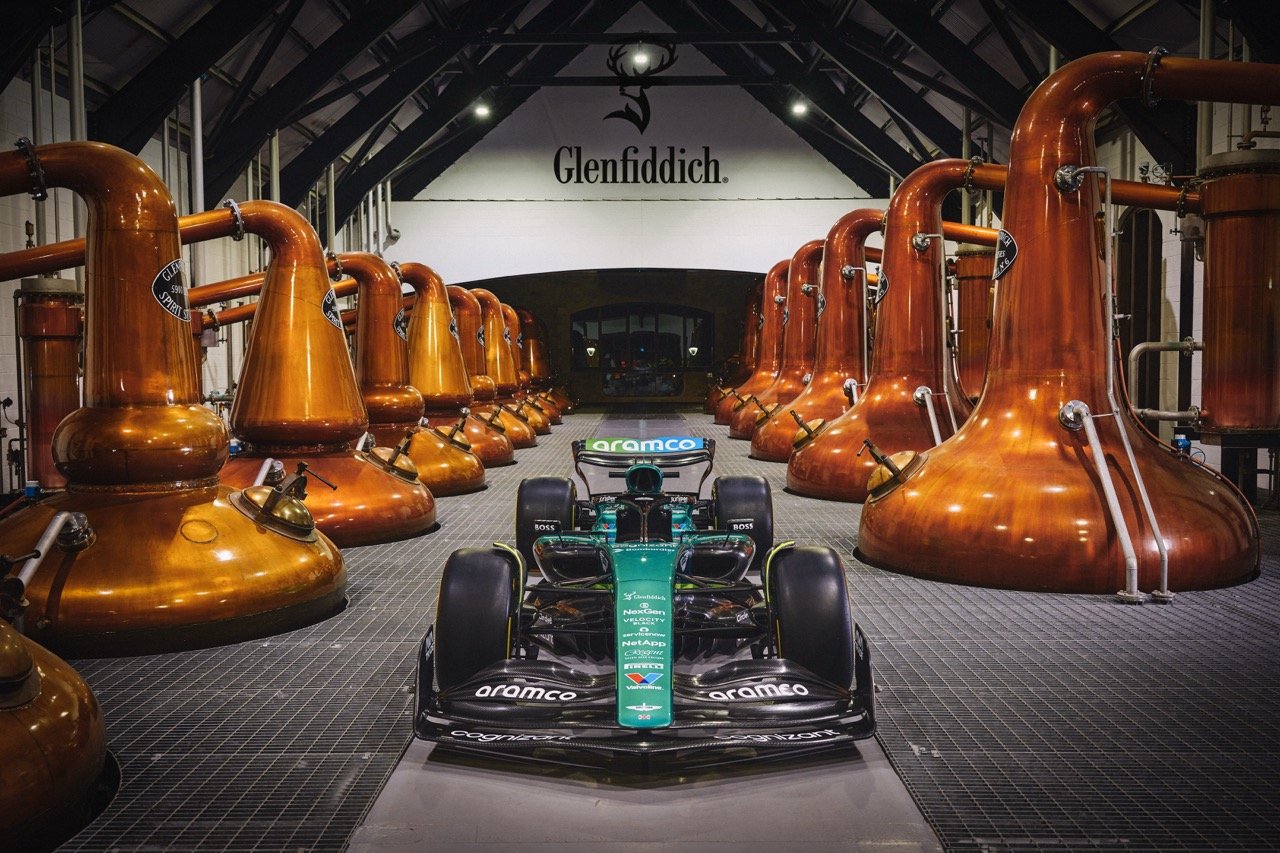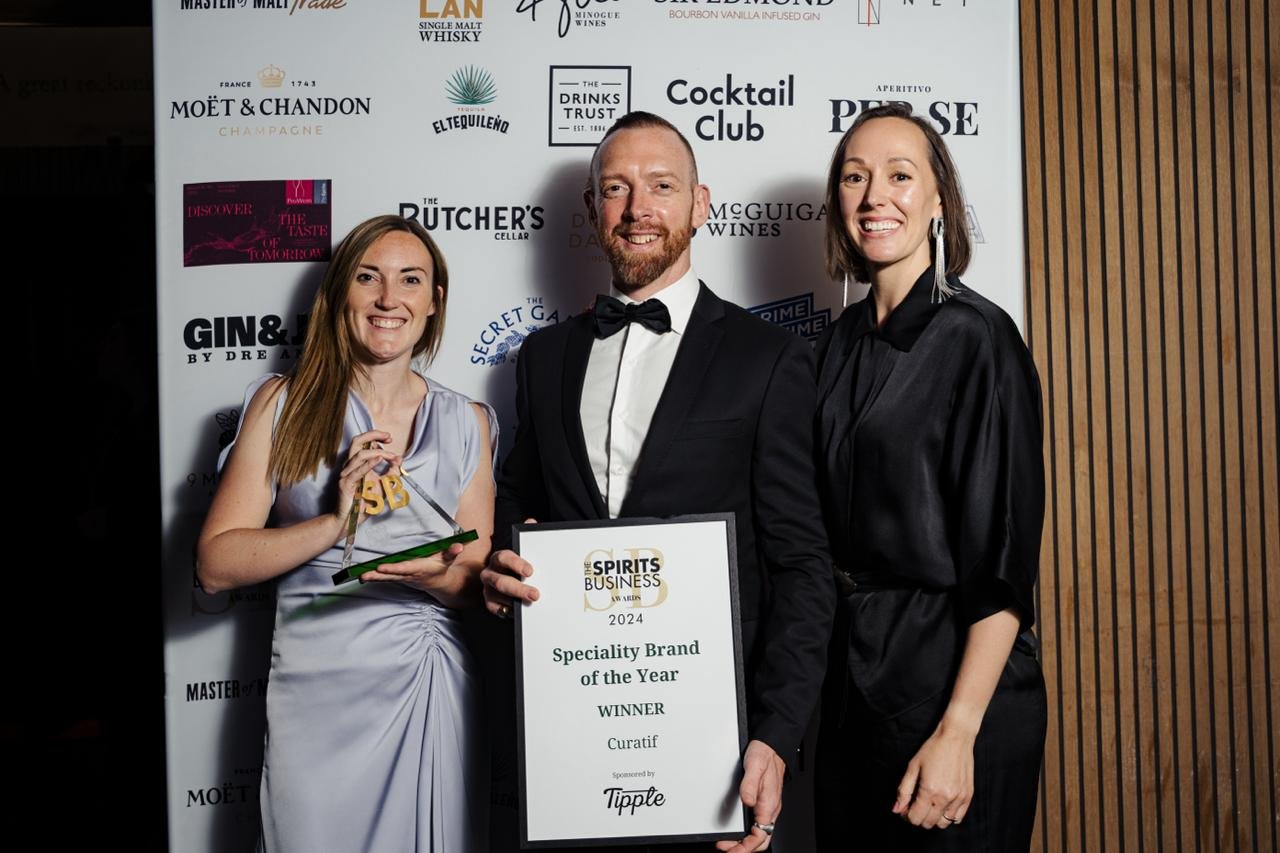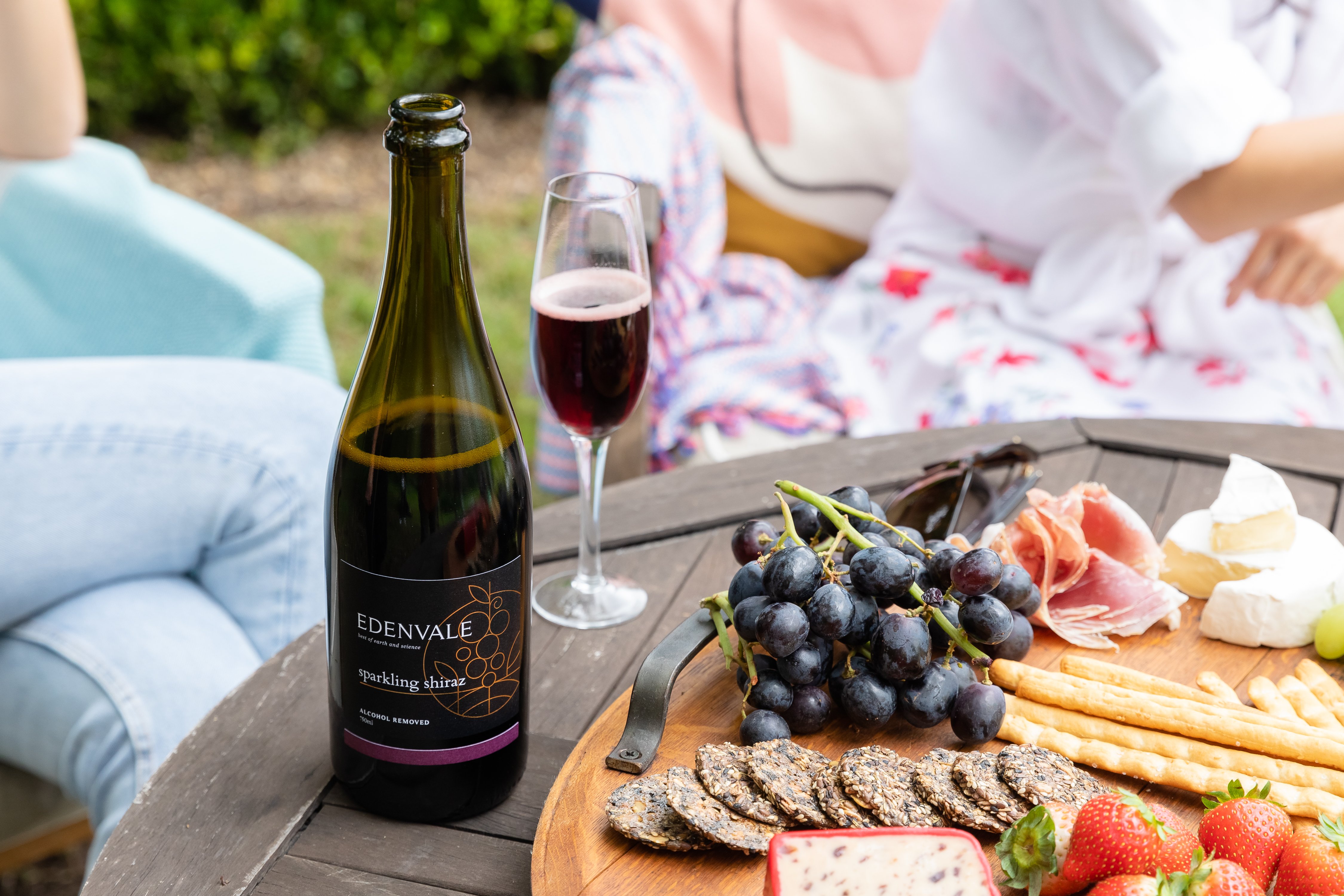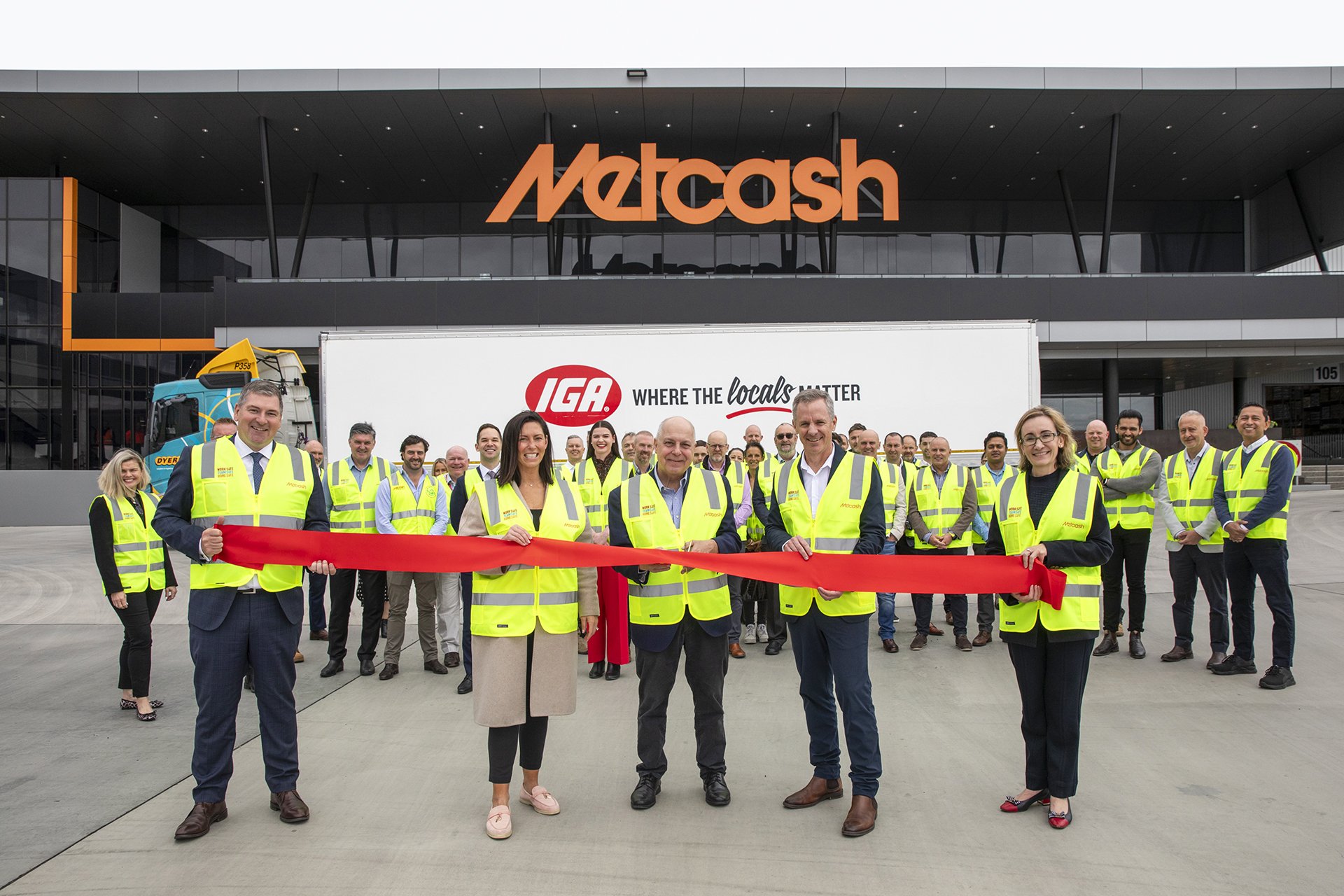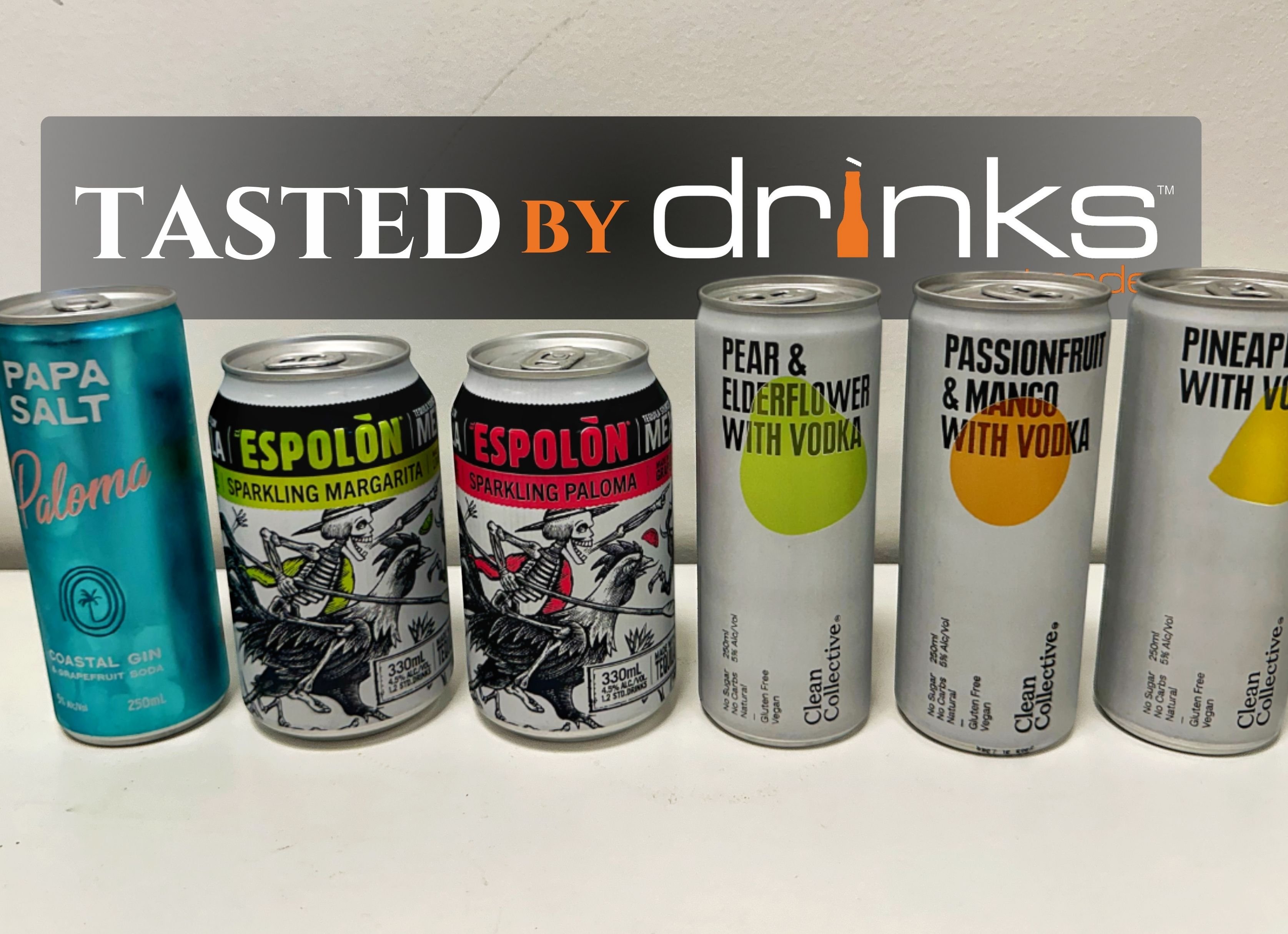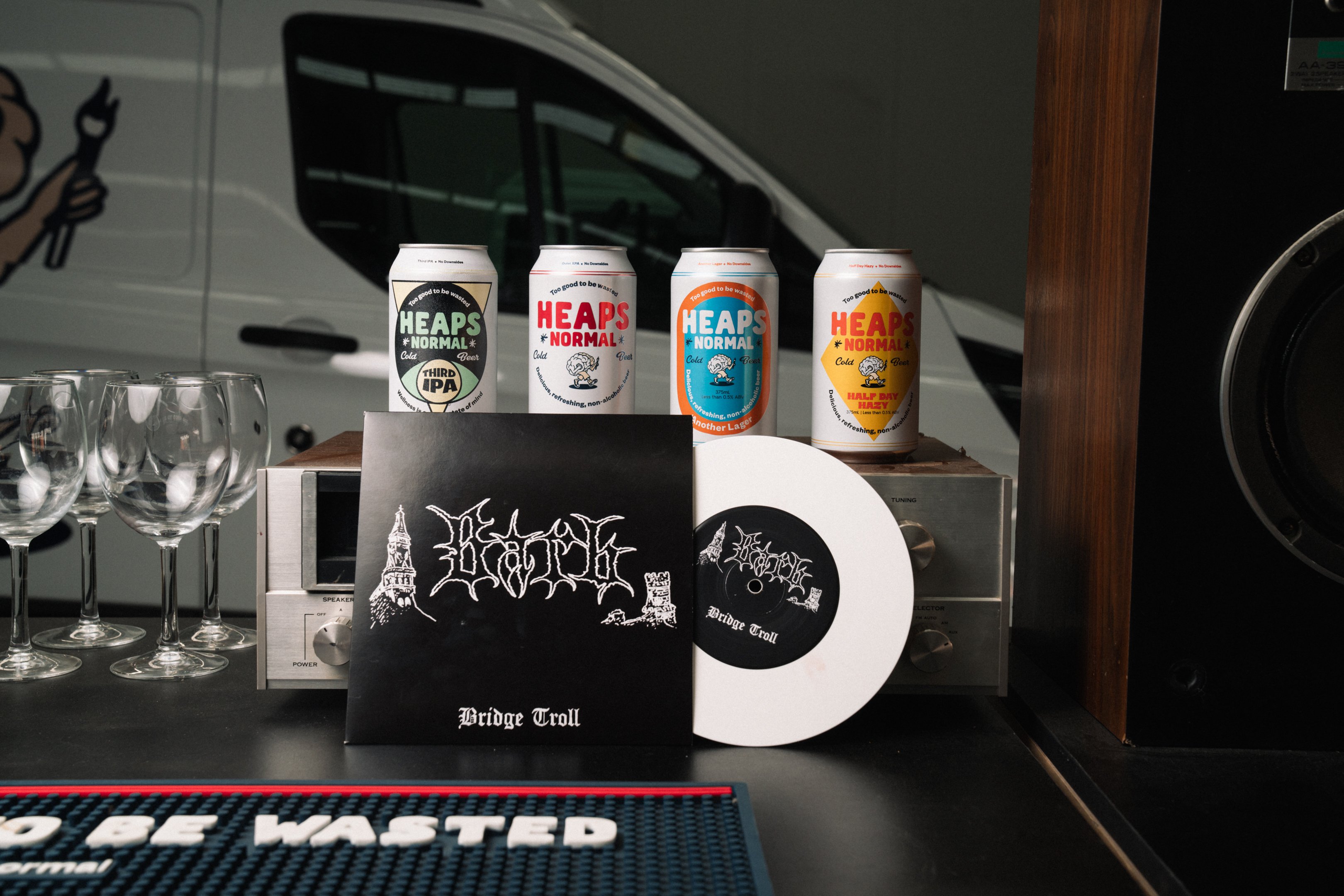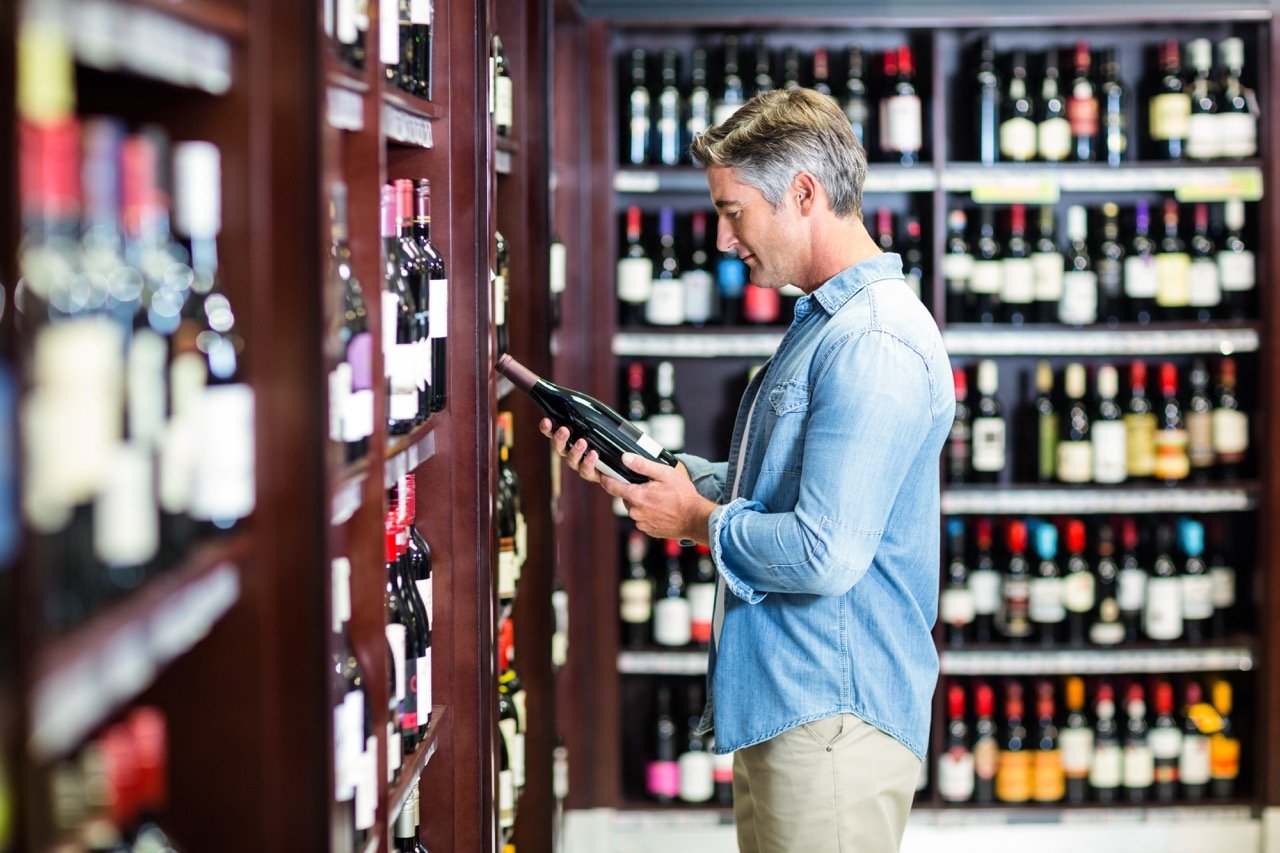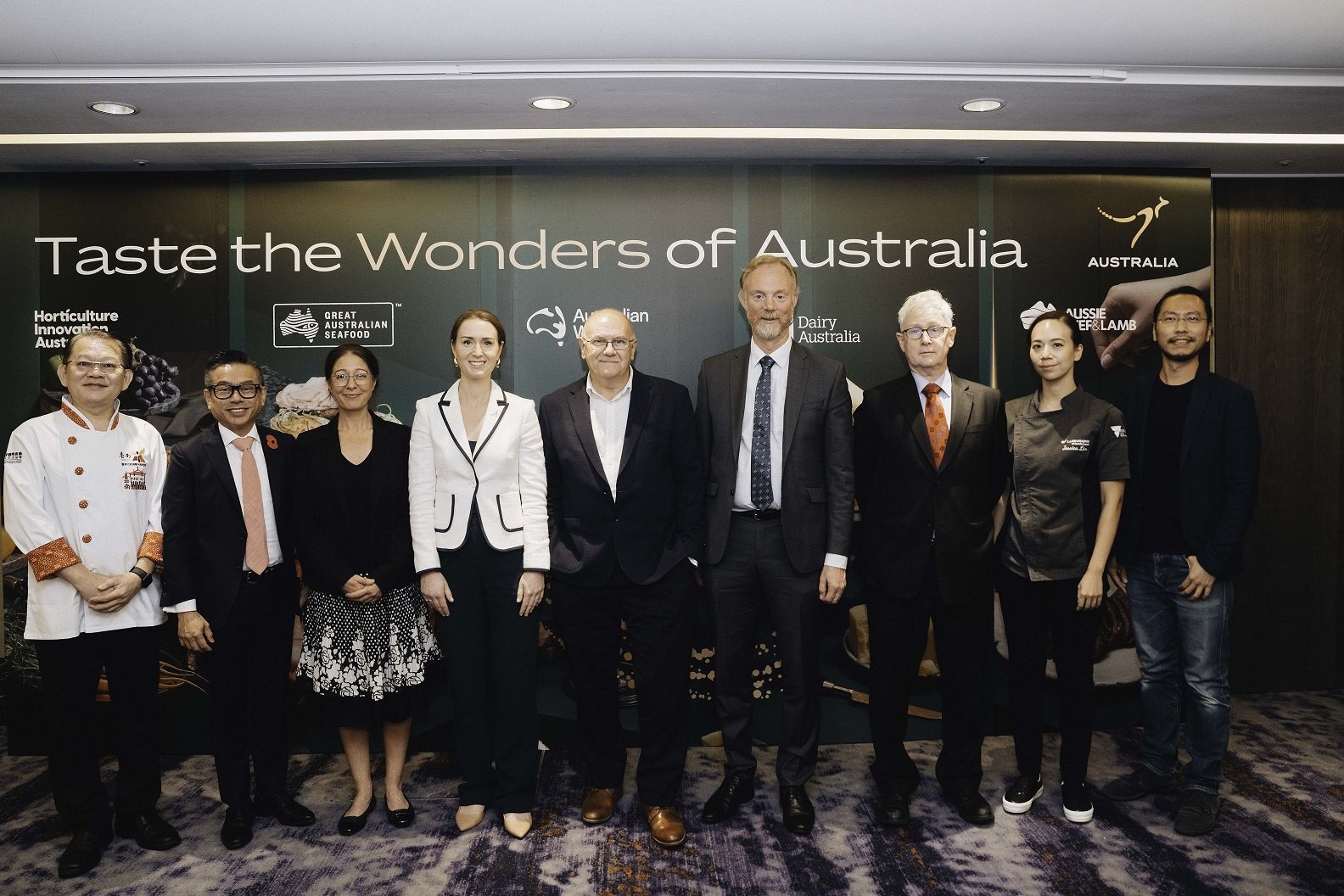PwC's Birger Maekelburger has downplayed the impact of online sales on the liquor sector, saying that while digital is relevant, he believes sales will remain small.
Maekelburger is the Director Strategy & Retail & Consumer Goods at PwC and has 13 years of combined industry and consulting experience in retail and consumer goods.
He discussed global consumer trends and insights for liquor retailing at The Drinks Association Network Breakfast and noted that customers still want interaction and advice about their liquor purchases in bricks and mortar stores.
"Beverages are probably not going to go digital as much as other industries such as books," he said.
While Asia had embraced digital, with 55% of Chinese shoppers using their mobile phone for purchases at least once a week, the uptake has been slower in Australia.
Online sales in the grocery sector have around an 7-8% market share in the US and UK and only 4% in Australia. He predicted the conversion to online liquor purchasing would be gradual.
While the majority of liquor purchases are still made offline, customers expect greater convenience and more personalised in-store experiences.
Loyalty programs still strong in Australia
Maekelburger explored ways retailers could protect their foot traffic to ensure in-store sales remain strong.
He said Aussies still love their store rewards programs, but loyalty is no longer a given. Retailers need to increase their service offering rather than rely on traditional loyalty benefits.
In the loyalty space, the most demanded benefits are member-only discounts and offers, followed by collecting reward point and free shipping.
Customers are also seeking personalised benefits in their loyalty programs, such as marketing offers, access to special member events and access to special check-out areas.
According to Maekelburger, there are four overarching trends in retail that are impacting the way alcohol is sold:
In an omni-channel shopping experience, customers expect the very best of the online and offline worlds, with 51% researching online before purchase and 56% shopping in store, with consumers prepared to pay more for faster and more convenient delivery options.
"We innovated in quality, it's time to innovate in delivery," he said.
In established Amazon markets, 60-minute delivery has become the norm. In Australia, click-and-collect is now considered standard, while retailers are testing new delivery approaches for online sales, such as bike couriers and drone deliveries.
Maekelburger noted that contrary to popular thought, Generation Z and Millennials aren't wedded to shopping online.
"They visit physical stores more regularly than the general population, with 62% visiting weekly," he said.
The top attributes customers are looking for in store are ease of navigating the store, followed by knowledgeable staff, convenient payment methods and a fun experience.
"They want to go to tastings, be invited to specialised events, visit festivals and attend masterclasses," he said.
Evolving customer needs
From the product and customer perspective, three major developments are affecting the market.
1. Decreasing consumption of alcohol - drivers are desire for healthier lifestyle, concerns about harms of binge-drinking/ drink-driving, and greater cultural diversity in Australia. There is a strong emerging demand for non-alcoholic beverages and light to mid-strength beers.
2. Increasing desire for ‘premium' - there's a growing consumer demand for premium varieties, particularly locally brewed beers and spirits. In particular, strong demand for premium beers, both locally brewed and imported varieties.
3. Growing demand for online delivery - online sales are growing at pace. Consumers consider convenience as a key factor in determining where and how to shop. There's also a change in primary place of consumption: 70% primarily drink at home or at a friend’s home.
Share the content
